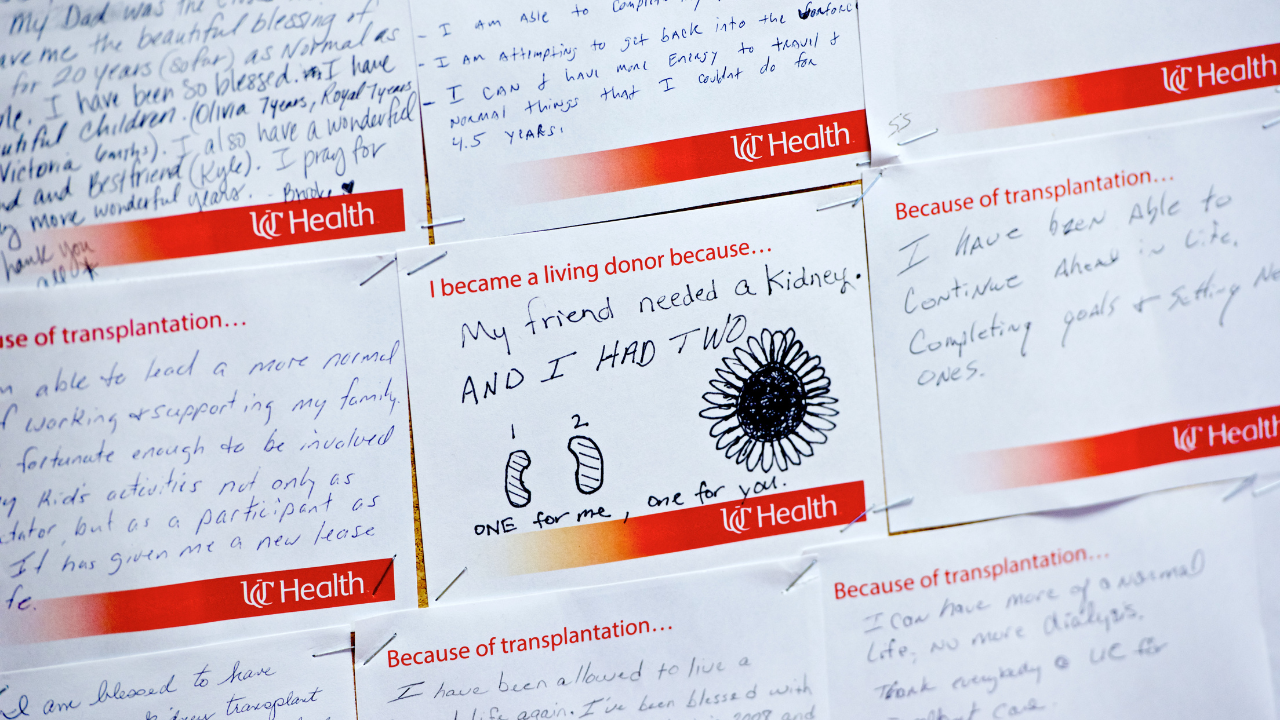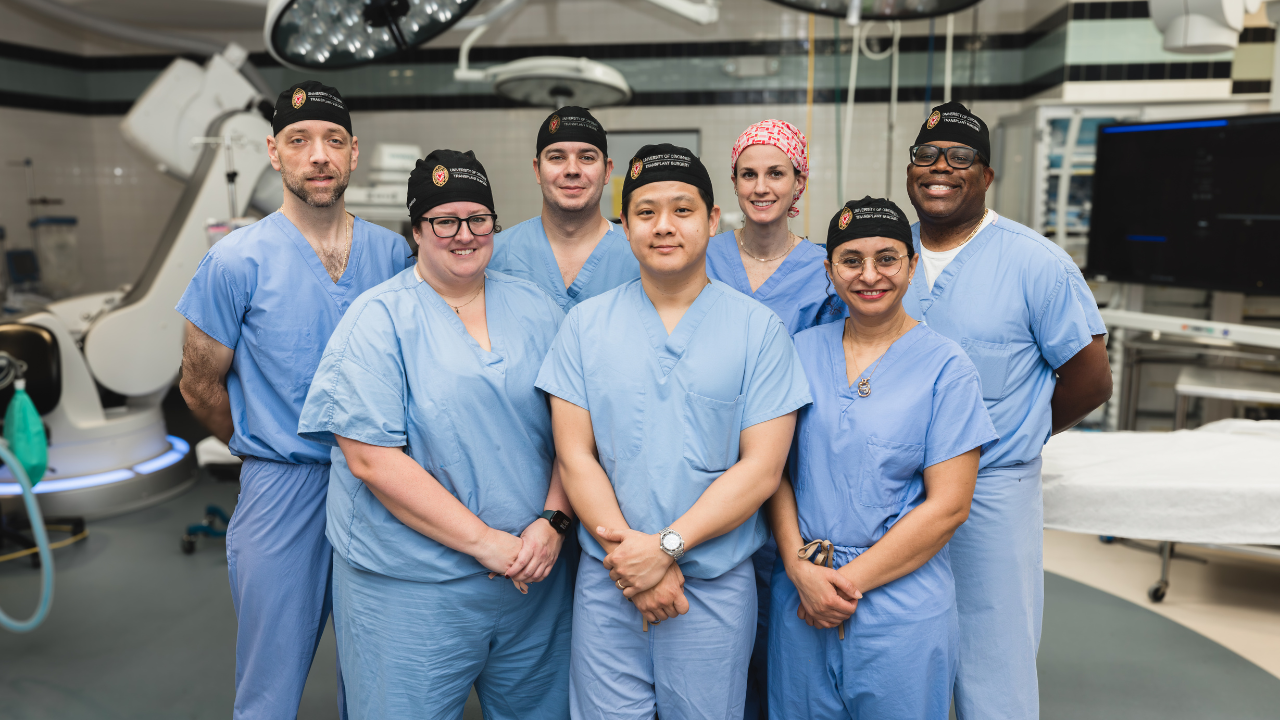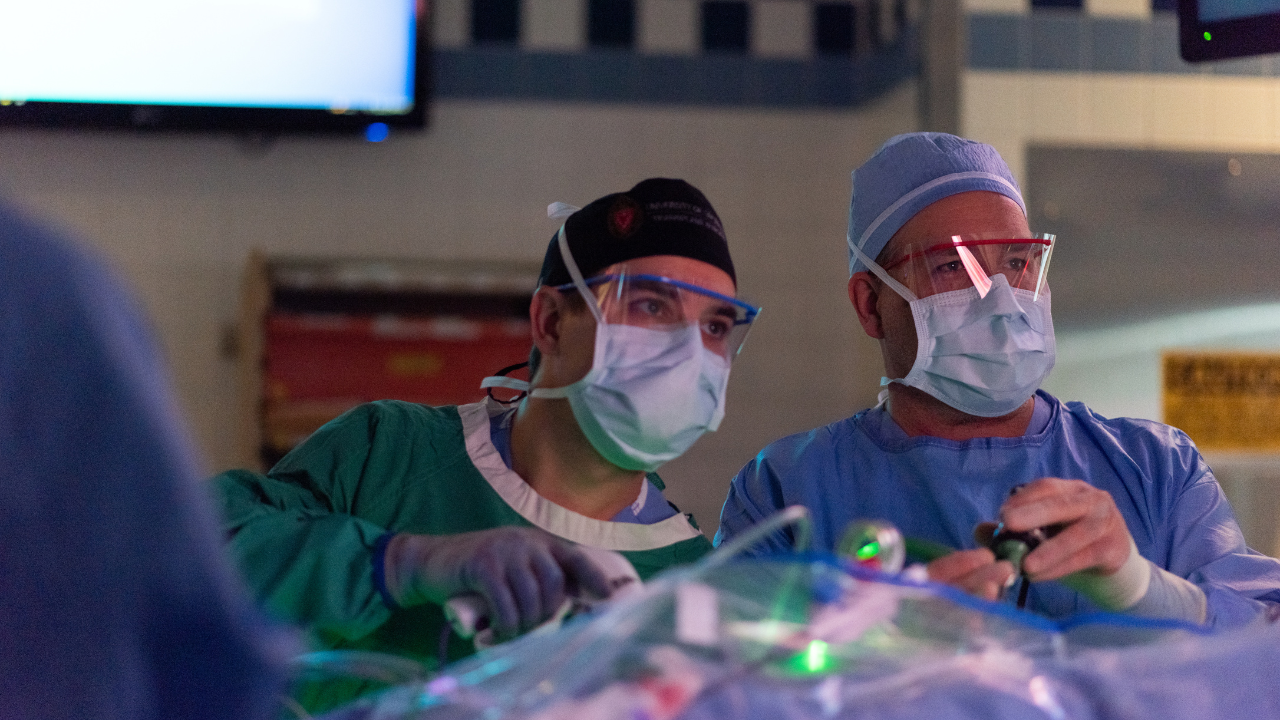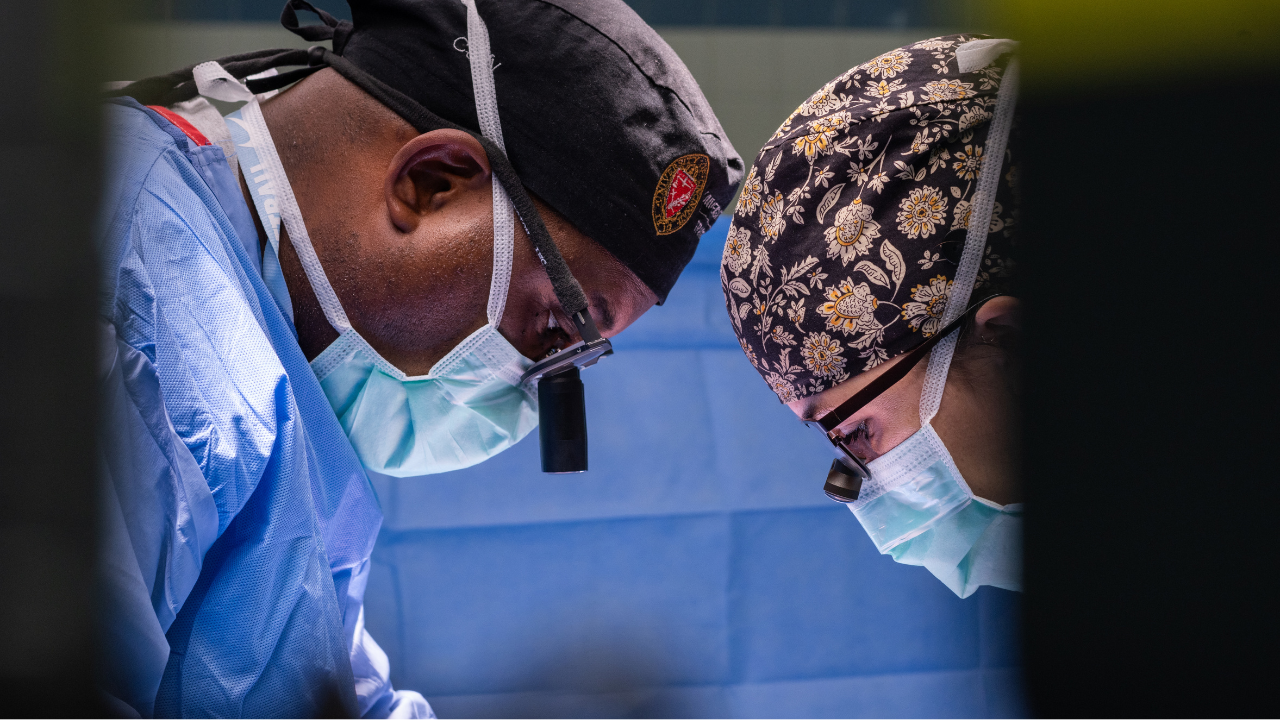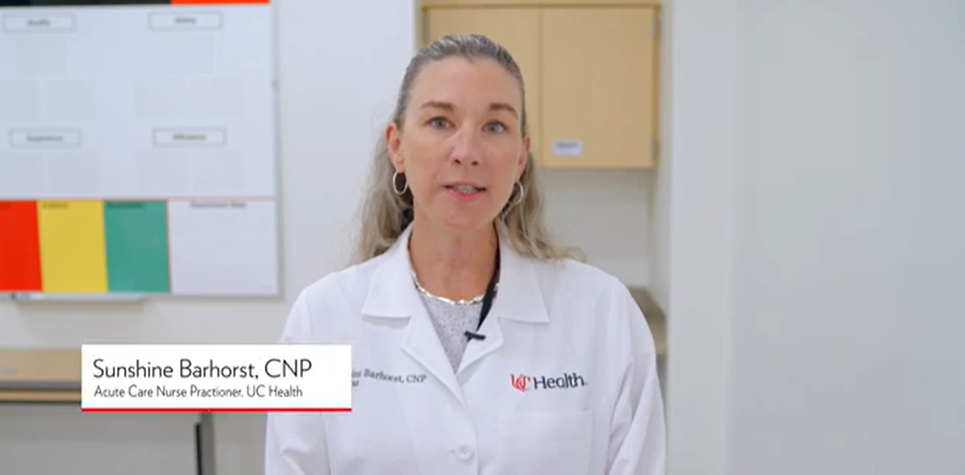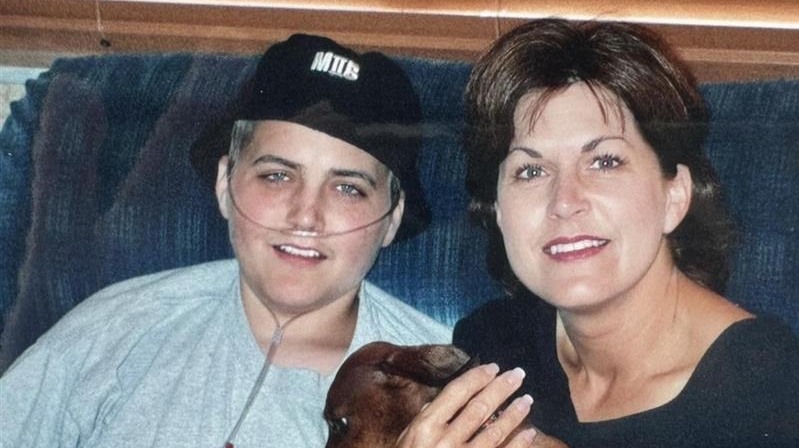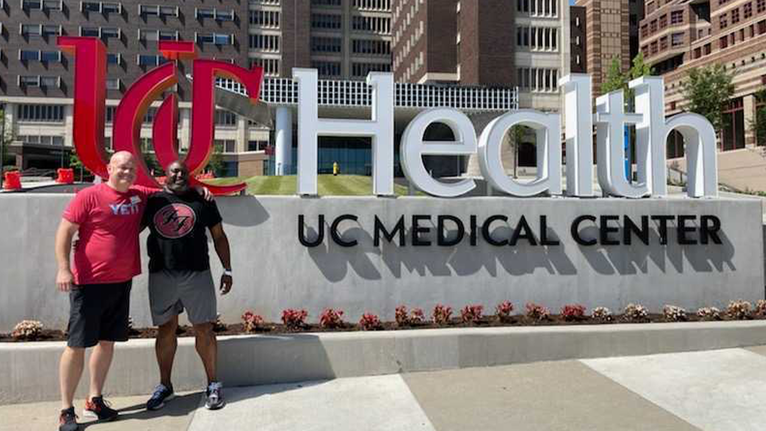Living-related donors: Donors are healthy blood relatives of the patient requiring a transplant. The donor can be a:
- Family members such as a twin, sibling or parent.
- Child over 18 years of age.
- Other blood relatives (half-sisters, half-brothers, nieces, nephews, aunts, uncles, cousins).
Living unrelated or emotionally-related donors: Donors are not blood relatives and usually do not share tissue similarities with the recipient. The donor can be a:
- Spouse/significant other.
- In-law.
- Close friend.
- Adoptive parent.
- Adopted child (over the age of 18).
- Co-worker.
Altruistic kidney donors: Donors do not have any personal connection to the recipient. They are often influenced by personal experiences or motivated by a desire to help others through a selfless act of donating one of their kidneys to a person in need.
Paired Exchange: When a potential donor is not a match for the intended recipient, the donor will donate their kidney to another recipient in exchange for a compatible kidney for their intended recipient. This is an option for living donors who want to donate, but may not be a good match due to non-compatible blood type, antibody levels, or other medical reasons. The transplant center may arrange an exchange with another pair within the same center or another transplant center. The living donor team can discuss all options available if you are not able to donate to your intended recipient.
